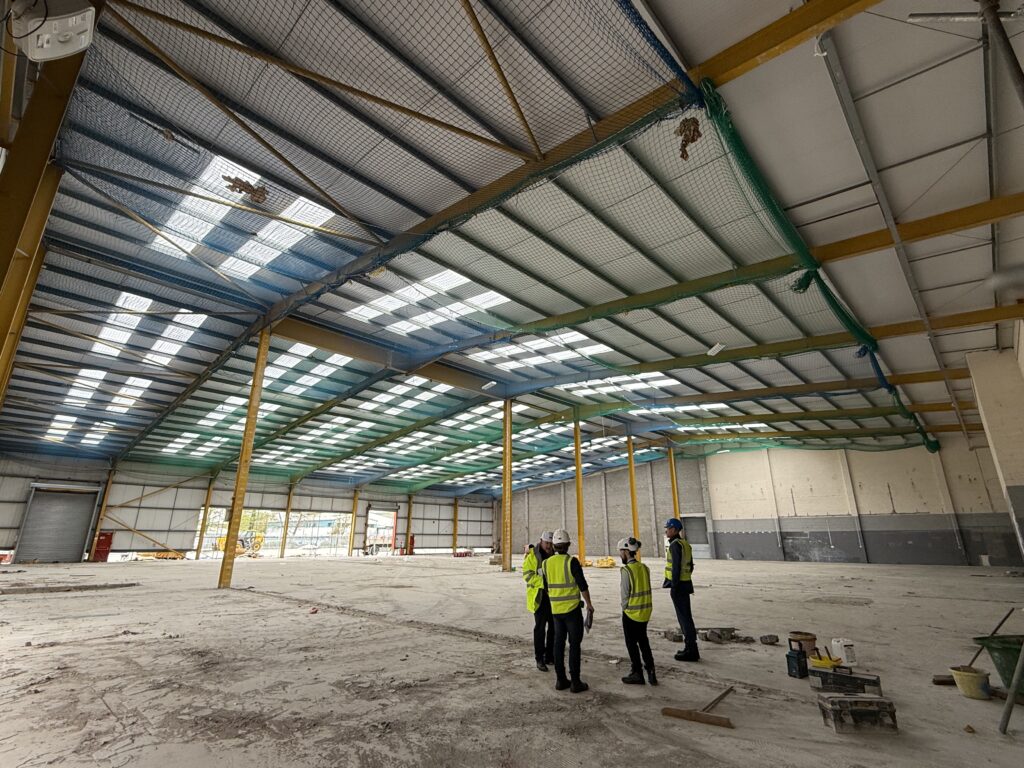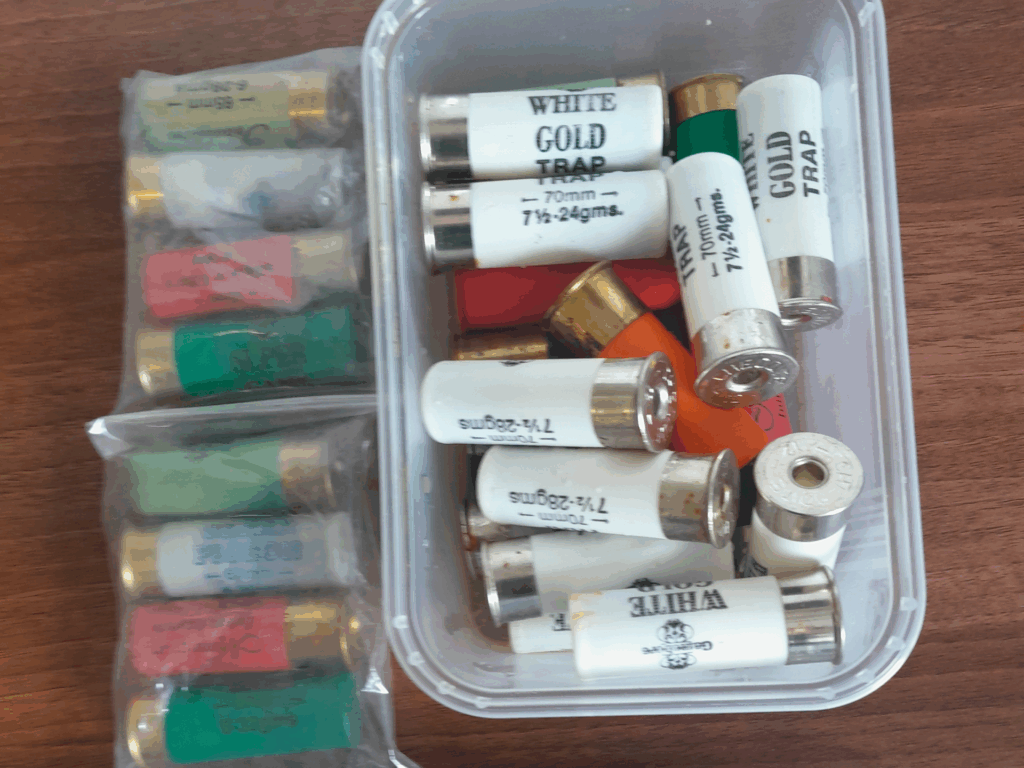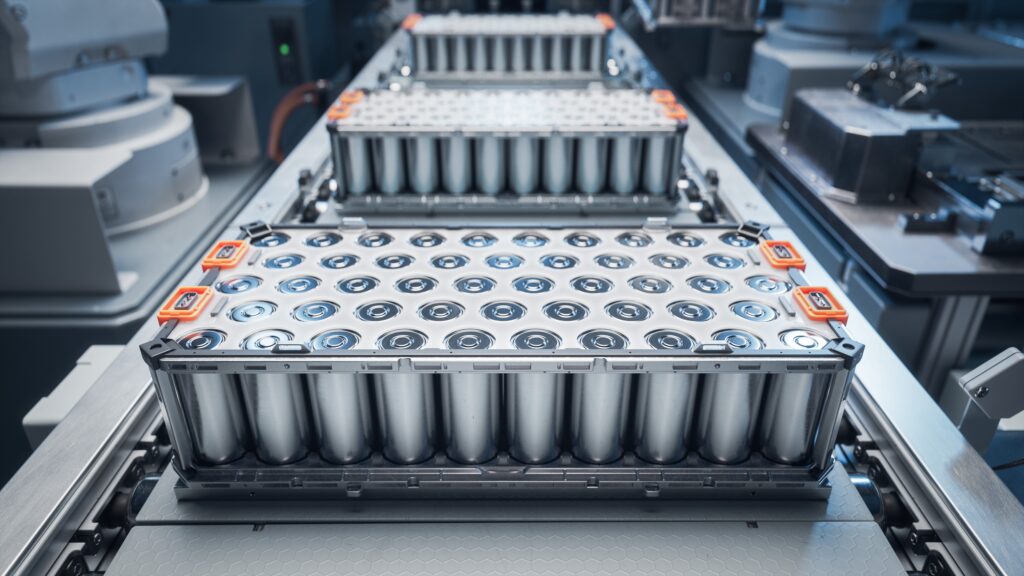The £1 million project focuses on the rapid development of a low carbon transport solution for end-of-life EV batteries.
The funding will fast-track the development of a functioning prototype designed specifically for safe, sustainable and cost-efficient collection and transportation of large volumes of end-of-life EV batteries.
The project is said to form a critical pillar of Altilium’s full battery circularity model. By integrating safe, low-carbon collection with its EcoCathode recycling technology, Altilium is able to offer customers a complete end-to-end solution, where spent batteries are collected, then shredded to produce black mass, before chemical refining into battery-ready materials, including graphite, battery metal salts, p-CAM and CAM.
Dr Christian Marston, Altilium COO, commented: “We’re grateful for the APC’s continued support for innovative zero emission technologies and the UK government’s commitment to building a globally competitive EV supply chain.
“With this new DRIVE35 funding we are building the next phase of our full battery circularity model, reducing potential barriers to high collection rates needed to support robust recovery and recycling and ensuring critical resources remain in the UK.”
In the UK, the volume of end-of-life batteries is projected to be around 1.4 million packs per year by 2040. Altilium said that studies estimate that on average, transportation represents 41% of the total cost of recycling and contributes up to 3.5% of life cycle GHG emissions for a recycled battery.
Together with the launch of recell.store, the project will also help to ensure feed security for Altilium’s current and planned recycling plants, including its new ACT 3 facility in Plymouth.







Subscribe for free